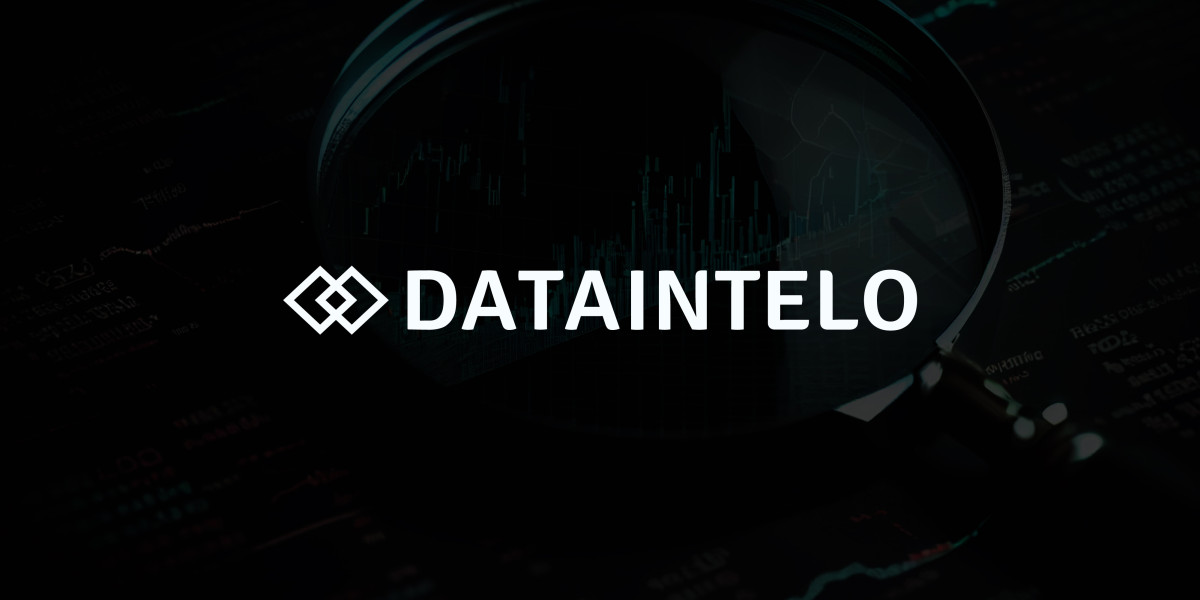As per Market Research Future, the growing need for uninterrupted electricity has significantly increased interest in Hybrid Generator Set Market analysis, particularly in the domain of backup power systems. Backup power systems are crucial for providing continuous electricity during grid outages, fluctuations, or emergencies. They play a vital role across residential, commercial, and industrial sectors, ensuring operational continuity, data protection, and safety. With rising energy demand, frequent power interruptions, and increasing reliance on digital infrastructure, backup power systems have become indispensable in modern energy management strategies.
Backup power systems encompass a range of technologies designed to provide temporary or continuous electricity when the primary power source fails. These systems include diesel and gas generators, uninterruptible power supplies (UPS), battery storage systems, and hybrid solutions that combine multiple energy sources. Hybrid backup systems, in particular, integrate conventional generators with renewable energy sources such as solar and wind, enhancing efficiency, reducing fuel consumption, and minimizing environmental impact.
One of the primary benefits of backup power systems is their ability to maintain critical operations without interruption. For businesses, even a brief power outage can lead to data loss, production downtime, and financial losses. In healthcare facilities, backup systems ensure life-saving equipment remains operational, while in residential settings, they provide comfort and safety during blackouts. As digital and automated systems become more prevalent, the importance of reliable backup power has increased significantly.
Technological advancements are enhancing the performance and reliability of backup power systems. Modern systems feature smart controllers, real-time monitoring, and automated switching to ensure seamless operation. Predictive maintenance technologies help detect potential issues before they cause failures, reducing downtime and extending the life of backup equipment. Additionally, hybrid systems that combine generators with energy storage solutions allow for efficient load management, reducing fuel consumption and emissions.
The growing adoption of renewable energy has also influenced backup power system design. Hybrid backup systems that integrate solar panels, wind turbines, and battery storage offer sustainable and cost-effective solutions for uninterrupted power. By storing excess renewable energy and supplementing it with generator power when needed, these systems provide a reliable and environmentally friendly energy supply. They also help organizations comply with sustainability goals and reduce their carbon footprint.
In the industrial and commercial sectors, backup power systems are critical for ensuring business continuity and operational efficiency. Data centers, manufacturing plants, and telecommunication networks rely on uninterrupted electricity to maintain service quality and prevent financial losses. Advanced backup systems provide scalable solutions that can be tailored to meet the specific energy demands of different facilities, ensuring resilience against unexpected outages.
Government policies and regulations are also driving the adoption of backup power systems. Incentives for hybrid and low-emission generators, coupled with stricter grid reliability standards, encourage businesses and households to invest in reliable backup solutions. These measures, along with increasing awareness about the importance of energy security, are expected to fuel market growth and technological innovation in the sector.
Despite the benefits, challenges remain, including high initial costs, maintenance requirements, and integration complexities for hybrid systems. However, continuous advancements in technology, declining costs of renewable energy components, and improved system efficiency are addressing these challenges, making backup power systems more accessible and practical for a wide range of applications.
In conclusion, backup power systems are essential for ensuring a reliable and continuous energy supply in today’s increasingly electrified world. By combining traditional generators, renewable energy sources, and intelligent control technologies, modern backup systems enhance operational reliability, reduce environmental impact, and support business continuity. As energy demands grow and reliance on digital infrastructure increases, backup power systems will continue to play a critical role in safeguarding homes, businesses, and essential services.
FAQs
1. What are backup power systems?
Backup power systems are solutions designed to provide electricity during power outages, fluctuations, or emergencies, ensuring continuous operation of critical loads.
2. What types of backup power systems are available?
They include diesel and gas generators, uninterruptible power supplies (UPS), battery storage systems, and hybrid systems combining multiple energy sources.
3. Why are hybrid backup power systems important?
Hybrid systems integrate renewable energy and generators to improve efficiency, reduce fuel consumption and emissions, and provide reliable power during outages.
More Related Reports:








